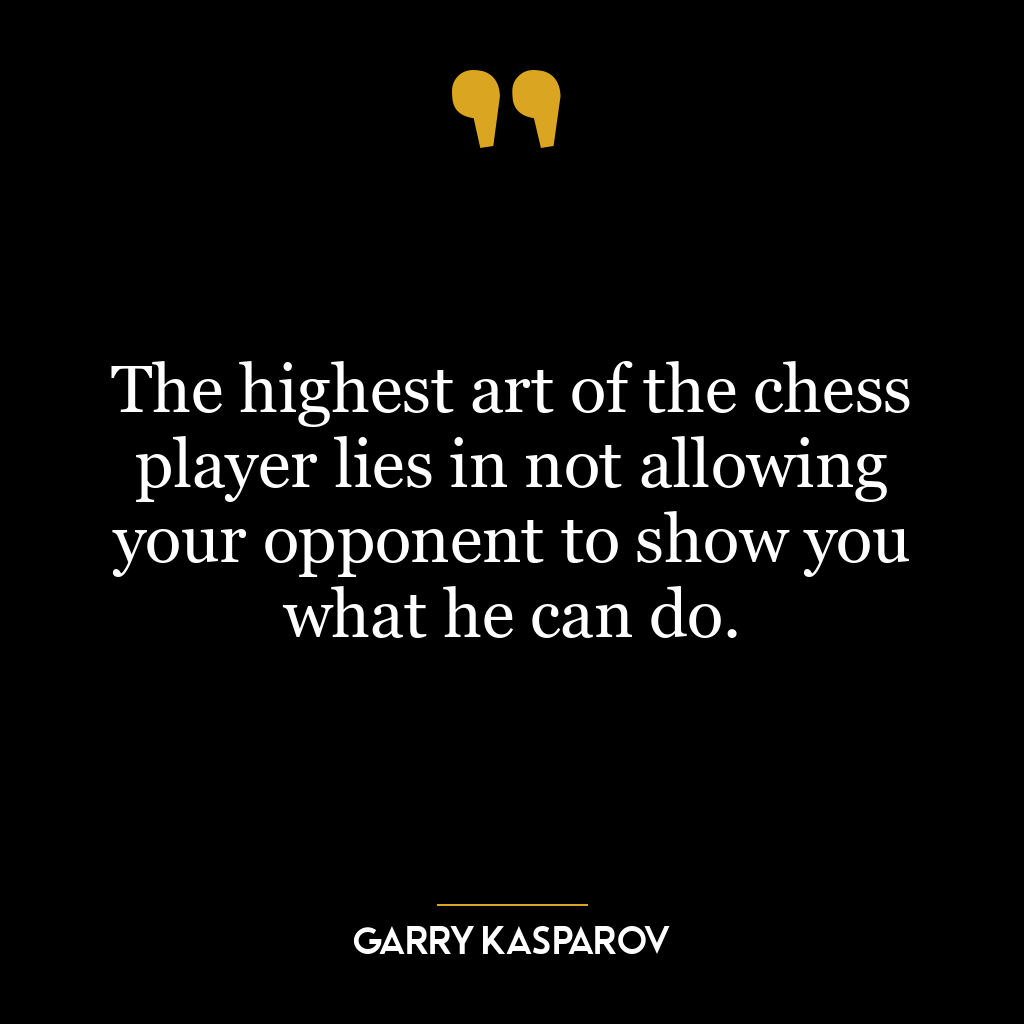This quote suggests that aggression often produces the opposite of the desired result by provoking a reaction from the other party. When we act aggressively, the recipient of our aggression is likely to feel threatened or attacked, leading them to respond in kind or take actions that we were hoping to avoid. It’s a reflection of the principle that force often begets resistance, not compliance.
In essence, this quote is a reminder of the counterproductive nature of aggression. It is a call for understanding, patience, and strategic thinking, rather than brute force or intimidation. By approaching situations with a calm and composed demeanor, we’re more likely to achieve our goals and foster a positive environment.
Applying this concept to today’s world, we can see it in action in various contexts, from international politics to interpersonal relationships. For instance, in the geopolitical sphere, aggressive actions often escalate conflicts rather than resolving them. Sanctions, threats, or military interventions may cause the targeted country to double down on their stance, leading to a cycle of hostility and retaliation.
On a personal level, this idea can be applied to conflict resolution and personal development. Aggression in communication often leads to defensiveness and resistance, hindering effective problem-solving. By practicing active listening, empathy, and constructive feedback, individuals can foster healthier relationships and personal growth.
In terms of personal development, understanding this quote can lead to improved emotional intelligence. Recognizing the impact of our actions on others and adjusting our approach accordingly can help us navigate social situations more effectively, achieve our goals, and grow as individuals. It encourages us to adopt a more thoughtful, measured approach to conflict and challenges, which can lead to better outcomes and stronger relationships.









